For many car owners, tire rotation is at the very bottom of their maintenance checklist. But it’s one of the simplest, yet most critical maintenance activities. After all, no matter how great the condition of your vehicle, if the tires are in bad shape, your car might not perform at the intended level.
One reason for ignoring tire maintenance is the fear of mounting car ownership costs. These expenses can add up to a sizeable amount over time, but they're crucial for keeping your vehicle in good shape. With that in mind, how much does a tire rotation cost? And does your car really need it? In this article, we're going to help you find the answers.
In simple terms, a tire rotation involves switching your vehicle's four tires. This is essential since tires usually wear unevenly because of the different levels and types of stress they endure at each wheel. For example, in front-wheel drive vehicles, front tires typically wear out faster than the rear ones.
And if you’re frequently taking sharp right turns, it could put extra stress on your left front tire.
By rotating tires regularly, you can help achieve similar wear on all four tires over time. It alternates the levels of stress so that one tire doesn't get worse than the others. Ideally, this should prevent you from needing to replace your tires more often because they'll all be wearing down evenly.
Rotating your tires on a regular basis can also reduce the strain on drive components and provide better traction and handling when you're making those sharp turns or stepping on your brakes to come to a sudden halt. Therefore, in the long-term, tire rotations may yield significant cost savings when it comes to tire replacements and general maintenance. Having your tires rotated could even improve the vehicle’s overall performance and provide better fuel efficiency. This means you may save money at the gas station, too.
In many cases, it might be a mandatory requirement for tire warranties to remain valid, so you'll have to do it if you want to keep your tires covered. But most importantly, it could improve road safety for you and your loved ones. That's something you should never leave to chance.
But most importantly, it could improve road safety for you and your loved ones. That's something you should never leave to chance.
Mechanics typically recommend a tire rotation every 5,000 to 8,000 miles, check your owner's manual for the manufacturer’s recommendations. That’s around every six to 12 months, but this could depend on several factors. For example, the tire rotation frequency could vary based on your car’s make and model. If you’re using a newly bought vehicle, then the owner’s manual can guide you on this.
A car that undergoes rough handling may also need more frequent tire rotations. The weight of the vehicle could have a say in this, too. And a new set of tires usually require a rotation sooner. This is because uneven tread wear would be more pronounced on new tires than on their older counterparts.
You can also gauge uneven tire wear on your own with a visual inspection. If you haven’t rotated the tires in a while, you may notice different levels of tread wear on each tire. Also, watch out for frequently low tire pressure on one or two tires or a vibration when you’re driving at higher speeds. All these could signal that it’s high time for a tire rotation.
Also, watch out for frequently low tire pressure on one or two tires or a vibration when you’re driving at higher speeds. All these could signal that it’s high time for a tire rotation.
If in doubt, speak to a qualified mechanic for advice on when you should rotate your tires.
Generally, a tire rotation could cost somewhere between $24 to $50. But sometimes, it could even go up to $120. What you pay might depend on where you go and what other services you get.
Some car owners who are looking to cut down on maintenance costs may choose to perform this task on their own, but it’s usually best to hire a qualified mechanic. Taking your car to a professional could give you an opportunity to get a quick visual inspection done by an expert.
For instance, they could check for uneven tread wear on the inside and outside parts of a tire, which may mean a more serious issue that requires attention. Your mechanic could also advise you on the best tire rotation pattern for the car.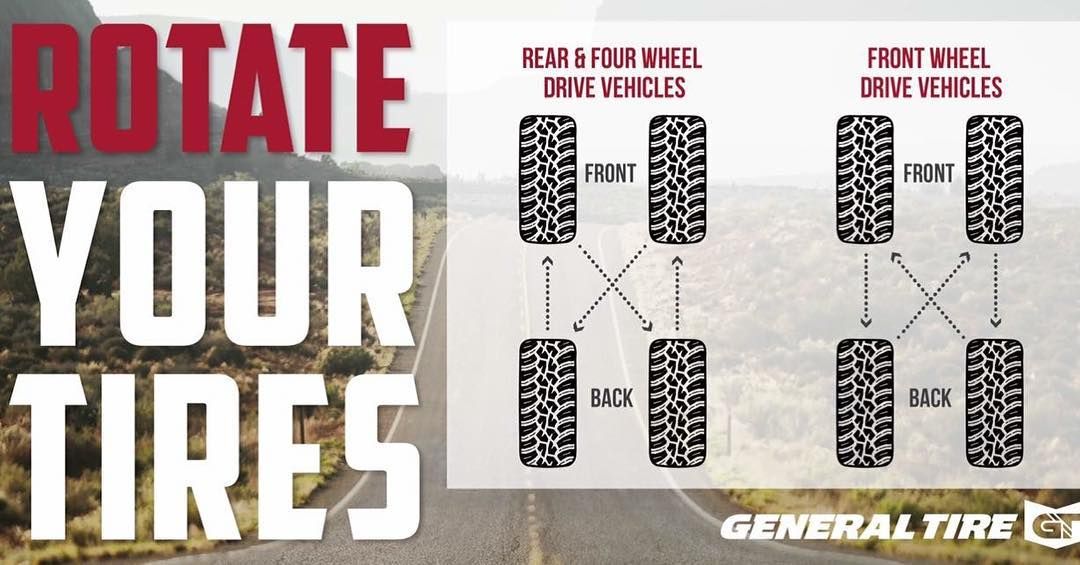 This would depend on several factors such as your vehicle and tire type.
This would depend on several factors such as your vehicle and tire type.
At the end of the day, tire rotation costs should not prevent you from getting your tire maintenance work done on time. The benefits of having this service performed regularly usually outweigh the cost. If you find your mechanic’s quote to be on the high side, don’t be afraid to shop around and find somewhere more affordable.
Here are a few other tips to keep in mind when thinking about tire rotation:
 And uneven wear might signal that the car hasn't gone through regular maintenance. Understanding these could help you negotiate a better deal.
And uneven wear might signal that the car hasn't gone through regular maintenance. Understanding these could help you negotiate a better deal.Unlike an oil change or a brake disc service, you may not encounter immediate troubles if you forget to schedule a tire rotation. But the consequences of continuing to neglect it could be costly, not just financially, but also in terms of safety. Remember, the performance of your entire car may ride on your tires, quite literally. So, regular tire rotation and maintenance should not be just an afterthought.
Written by Steven Schiller
Fact checked by Henry Speciale
The tires of your car have a huge role in giving you a comfortable and safe ride.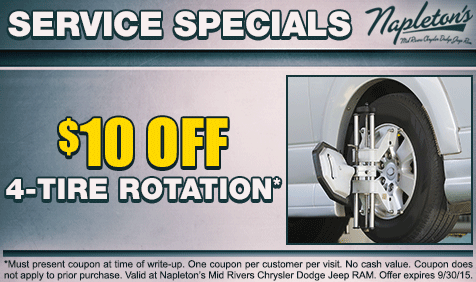 This is why it is important to occasionally inspect them and do a tire rotation. But how much does a tire rotation cost?
This is why it is important to occasionally inspect them and do a tire rotation. But how much does a tire rotation cost?
Tire rotation usually costs from $20 to $80 for a set of tires, depending on the auto repair shop you visited. Some shops would offer a free tire rotation service for some time if your tires were bought from them.
Table of Contents
If you start feeling differently while driving on smooth roads, it can be caused by the uneven wear of your tires. This would require you to have your tires checked and you will probably spend money for tire rotation and alignment.
The cost of tire rotation varies for each repair shop. Here are some factors that affect their pricing:
 So if you want a more experienced mechanic to inspect your tires, it may come with a hefty price.
So if you want a more experienced mechanic to inspect your tires, it may come with a hefty price.For instance, rotating tires of a Honda Civic or Toyota Corolla will cost as much as $45, but a Land Rober or a Jaguar tire rotation service will charge you up to $60.
To provide you with a better representation of the average cost of a tire rotation, I made a list of some common auto service shops and their rate for this type of service.
At Firestone, different discount coupons for different products and services are offered through their official website.
So, how much does discount tire rotation cost at Firestone? A car care coupon from them would allow you to have tire rotation for only $9.99.
Without a discount, they have a flat rate of about $25 for this service.
Starting with only offering oil change services, different car maintenance services including changing filters, brake inspection, and tire rotation are now available at Jiffy Lube.
The rates of these services vary depending on the location of the shop. The usual cost for tire rotation here is about $40, which is still cheaper than what other auto service shops offer.
Discount Tire offers about $15 per tire for tire rotation. Fortunately, you can have a tire rotation and balance service free of charge if you buy your tires from them.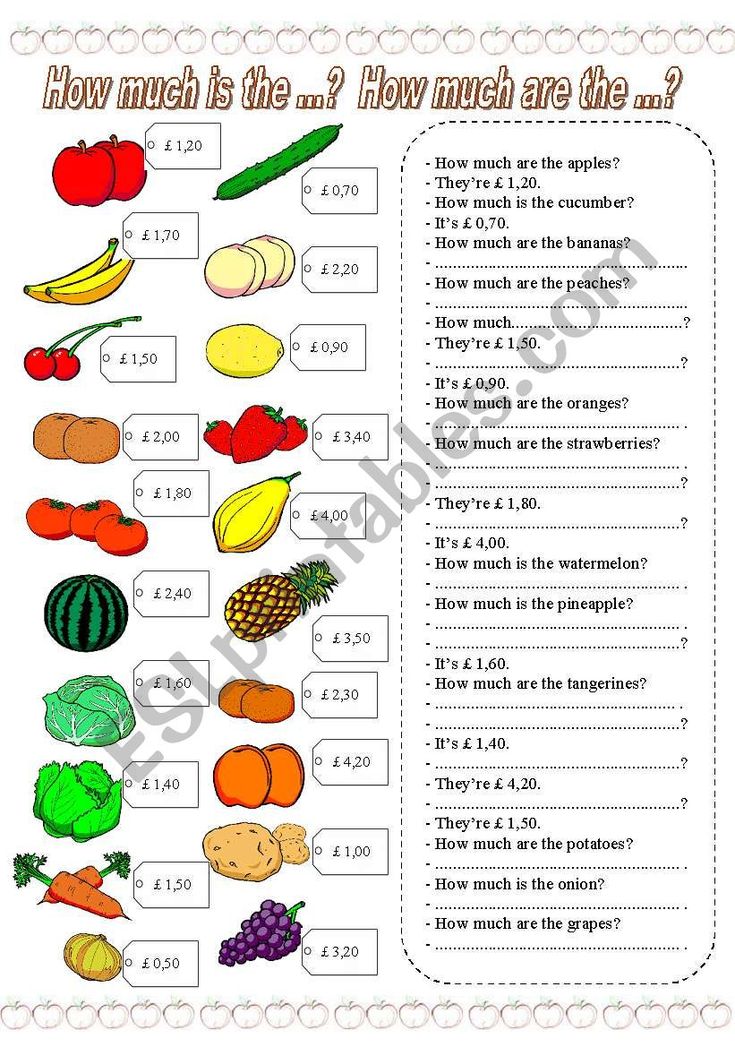
They also provide good deals when it comes to tires as their prices are lower than those of other shops. Tires can be found here for half the price of the same tires at other stores.
Another place for you to get tires rotated is at Midas. Tire rotation here starts at about $20, which could go higher depending on the type of vehicle that you have.
However, you can get it for a lower price when you purchase a car maintenance package that includes tire inspection, tire rotation, and oil change.
YourMechanic has a lot of car maintenance services to offer. They even have a mobile mechanic that can come to your house if you need some services for your car.
When it comes to tire rotation, they are on the pricey side of the usual price range. It would vary depending on the make of your vehicle but it usually starts at $79.
Also, here is a list of other auto service shops for your reference:
What is a tire rotation?
Tires usually wear unevenly as they are getting different amounts of pressure when you are driving. When this happens, a tire rotation is made by repositioning the four tires of your car to be able to balance their wearing.
When this happens, a tire rotation is made by repositioning the four tires of your car to be able to balance their wearing.
Different tire rotation patterns are used depending on the needs of a vehicle. Here are some common tire rotation patterns:
Why is a tire rotation necessary?
Tire rotation allows your tires to wear evenly. And the even wearing of tires can benefit you in many ways such as comfort, safety, and money.

How often should you rotate your tires?
Usually, tire rotation should be done every 5,000 to 8,000 miles. However, the frequency of tire rotation could vary depending on the type of your vehicle, its weight, and how rough you handle it.
You could also check the recommendations of the tire manufacturer to confirm if you already need to have a tire rotation.
Is rotating tires worth the cost?
Rotating tires is definitely worth the cost. Some people believe that tire rotation will just cost you more when, in fact, you are saving money in the long run.
As tire rotation improves the longevity of your tires, you would not need to spend more money replacing tires that are prematurely worn out. You will also spend less money on gas as it helps for a more fuel-efficient ride.
How long does a tire rotation take?
It usually takes around 30-45 minutes to finish tire rotation. However, it can be quicker or longer depending on the make of your vehicle and the number of tires that you want to rotate.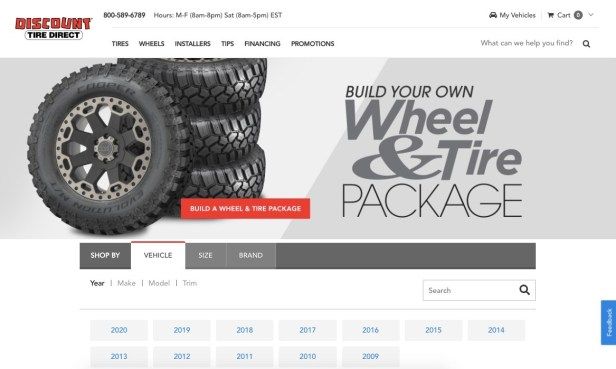
Other tire maintenance services that you avail of will also add up to the time that it would take for this service.
I mentioned above the possible prices of tire rotation that most auto repair shops offer. Just keep in mind that this does not have to be expensive. If you have the skills and equipment, you can even do it yourself.
Other shops are not included in this article but hopefully, I was able to give you an idea about “how much does a tire rotation cost?”. May this be the start of a more comfortable and safer trip for you.
Categories FAQsI'm Henry, the content writer for PPMC Transport. We build our site entirely on experience and extensive market and customer research.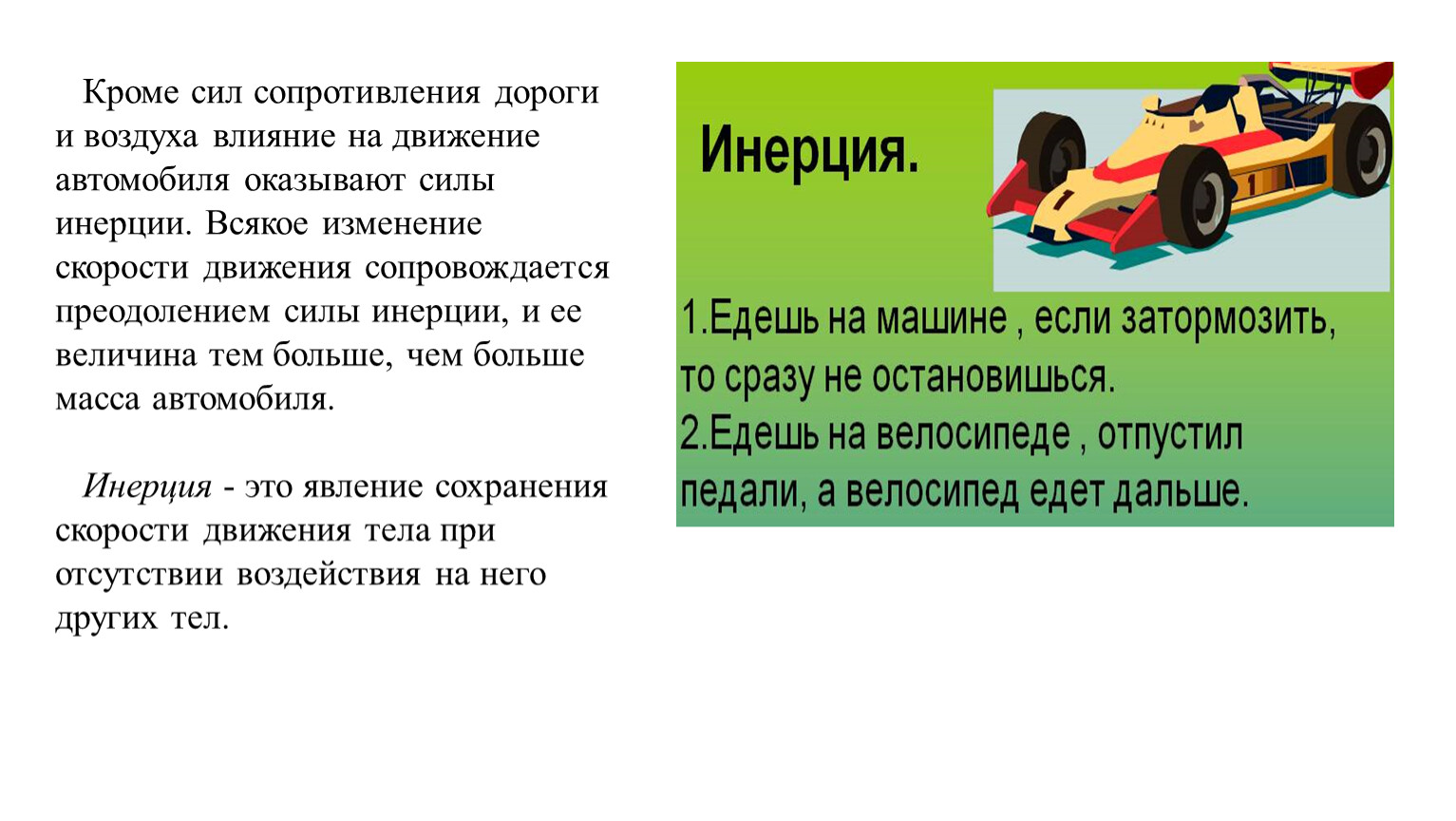 My goal is to create a trusted platform where people can go to determine what is best for their vehicles in terms of safety and convenience. Keep an eye out for our useful guide!
My goal is to create a trusted platform where people can go to determine what is best for their vehicles in terms of safety and convenience. Keep an eye out for our useful guide!
- Speciale Henry
Contents:
Wheel rotation is like a physical exercise.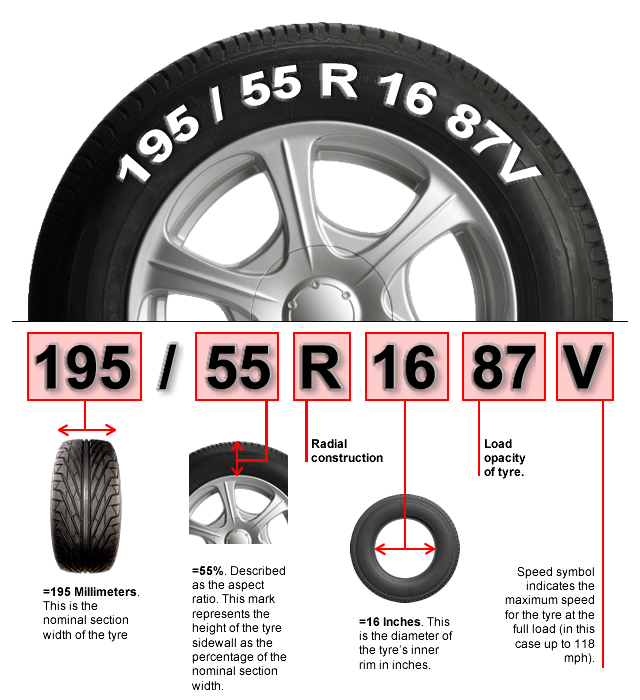 Everyone knows to do it, but getting yourself to actually do it can be a challenge. While we can't really help you with fitness motivation, we have plenty of good reasons why you should swap tires every 5,000-13,000 miles.
Everyone knows to do it, but getting yourself to actually do it can be a challenge. While we can't really help you with fitness motivation, we have plenty of good reasons why you should swap tires every 5,000-13,000 miles.
Tire wear is inevitable when using a car. The location and extent of wear on a tire's contact patch depends on many factors, including the position of the tire on the vehicle. Keep in mind that each axle of a vehicle faces a different external force. For example, the front tires on a front wheel drive vehicle are regularly subjected to more intense stress than the rear tires. Thus, front tires on a front wheel drive vehicle typically experience accelerated wear compared to front tires on a rear or all wheel drive vehicle. Changing the wheels helps even out the wear on all four tires. If you leave the front tires uninterleaved on a front wheel drive car, they will wear out faster than the rears. Without a proper check, you will end up with two front tires almost or completely at their maximum tread wear, and two rear tires with life remaining.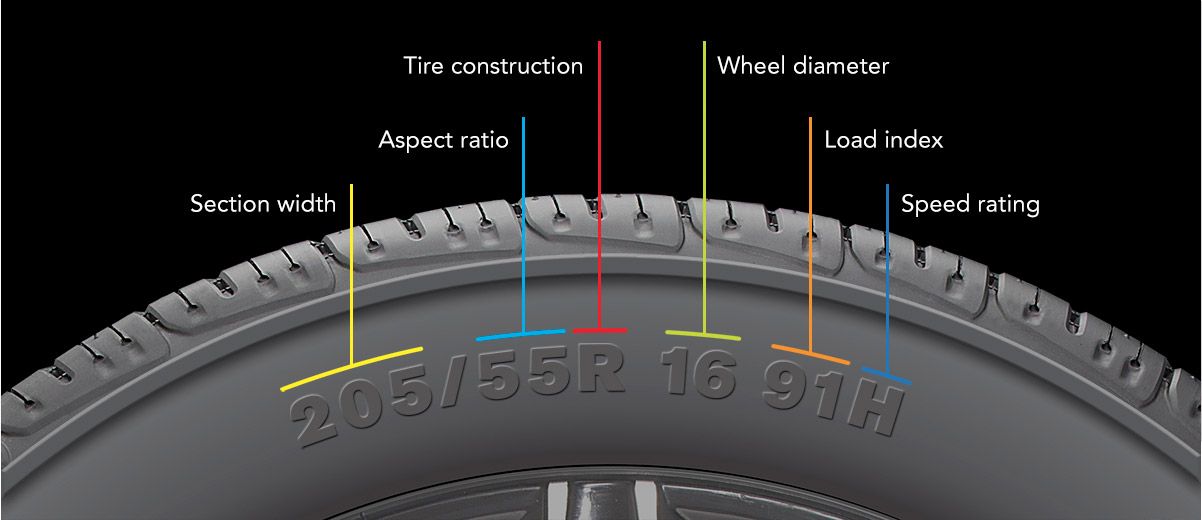
As a result, you will have to replace some tires prematurely. In some cases, while some of your tires may technically retain their remaining life, it will no longer make sense to pair them with any new tires with unworn tread. So you have to throw away not only worn tires, but also tires with remaining service life!
See also: Tire grip coefficient and factors affecting it
Summarizing all of the above, we can list the main reasons for rearranging tires in places:
Tires are absolutely essential to the efficiency and safety of a car. Keeping your tires in good condition with rotation and other simple maintenance will help keep them wearing evenly which directly affects your vehicle's stability, driving predictability and makes it easier to maneuver safely throughout the life of your tires. Tires in poor condition can cause the vehicle to vibrate.
Remember: uneven tire wear can also affect the stability and handling of your vehicle. Swapping wheels is not only financially sensible, but it also helps to ensure the safety of your driving.
If tires are not rotated and maintained properly, you will likely lose not just a few hundred miles of their life, but thousands. The life of a tire can literally be cut off in the middle if you do not follow the rules for their alternation and do not take other necessary measures for their maintenance.
Tire manufacturers know that rotation is essential to realizing their full tire life. Tire mileage guarantees are most often set by tire manufacturers based on tire rotation. So if you never rotate tires and experience premature tire wear as a result, the manufacturer is unlikely to honor your warranty. In other words, you'll be left on your own with a prematurely worn set of tires and a much more expensive replacement bill.
In other words, you'll be left on your own with a prematurely worn set of tires and a much more expensive replacement bill.
See also: Inflating tires with nitrogen - the pros and cons. What does filling tires with nitrogen give?
The good news is it's inexpensive. That small investment comes back to you in the form of long tire life and sustained vehicle safety and performance. In the long run, the cost of periodic tire rotation will be only a fraction of the amount you have to spend on buying new tires due to premature tire wear. It is also not uncommon for tire shops to offer discounted tire rotation services for regular customers, or from time to time offer to do it for free. So contact the tire shop that installed your tires first - in some cases, your tire rotation costs may be zero.
Helpful Hint: don't forget to label the wheels with the numbers and keep the tire rotation data and receipts. If you ever need to change tires under warranty, having these records will increase your chances of success.
If you ever need to change tires under warranty, having these records will increase your chances of success.
Are you used to doing everything yourself? Then you can rearrange the tires. If you can safely lift the car and remove the wheels, you can change the tires in your garage or on your driveway. In addition to the rearrangement pattern, you need to consider whether your tires are directional or non-directional, symmetrical or asymmetrical, and whether the tire pattern is staggered or square. If you are not sure about at least one of these points, it is better to entrust the work to a professional. Also consider that it is a smart move to put your tires in the hands of a competent professional from time to time. Tire specialists monitor their potential problems, identify misalignment and other issues that can affect tire condition/wear and vehicle performance.
For non-directional tires of the same size, you can use the diagonal swap pattern or move the front tires to the rear diagonal corner and the rear tires forward on the same side.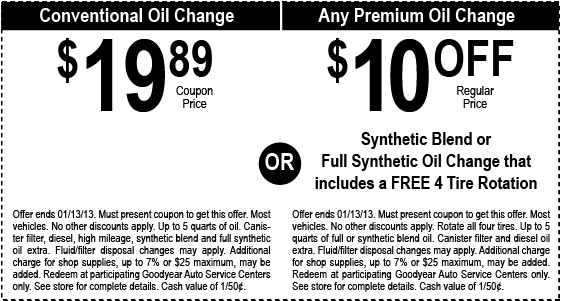
Also, due to the availability of modern tires, there is a need for 2 more rotation schemes:
 If you have a full-size spare tire, it should also be included in the swap scheme.
If you have a full-size spare tire, it should also be included in the swap scheme. tire shift diagram for 4WD and 4WD vehicles Vehicles with dual rear wheels and non-directional tires may use one of the following rotation patterns:
Winter and studded tires also need to be rearranged so that they serve for a long time and behave adequately on the road.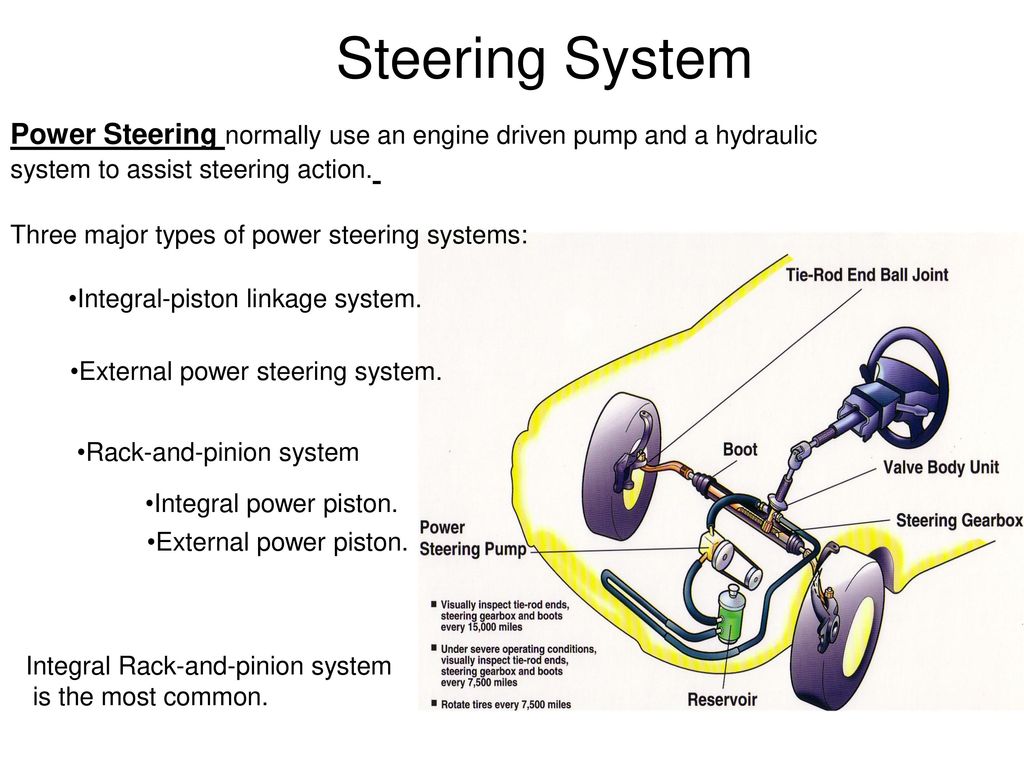 For winter wheels, the rearrangement should be done more often, about once every 6000 km or once a season, whichever comes first.
For winter wheels, the rearrangement should be done more often, about once every 6000 km or once a season, whichever comes first.
Important: The direction of rotation for studded tires must never be reversed when changing!
See also: How to properly store winter tires? Can tires be stored on the balcony?
Tire rotation helps maintain your vehicle's performance and safety, extends tire life, saves you money, and gives you a good reputation with the tire manufacturer should you ever have tire problems or warranty claims.
Find out how to maintain your vehicle. For most vehicles, under normal driving conditions, the standard tire rotation interval is approximately every 8,000 to 13,000 km.
Sorry, we couldn't find the page you were looking for. We probably did something wrong and now we will try to fix it. In the meantime, try one of the following options:
Back to Home
Articles and reviews
A traffic accident is always stressful, especially if it happened abroad.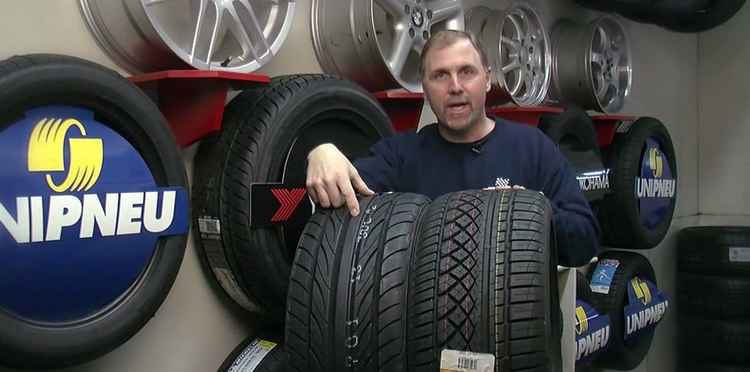 Even an experienced driver is difficult to navigate the actions and solve the problem without losing calm. In order for the settlement of road accidents to take place according to a single scheme in a civilized way, states are connected to the international insurance system - the Green Card. However, it does not work during...
Even an experienced driver is difficult to navigate the actions and solve the problem without losing calm. In order for the settlement of road accidents to take place according to a single scheme in a civilized way, states are connected to the international insurance system - the Green Card. However, it does not work during...
Maintenance and advice
Alloy wheels are one of the easiest ways to add personality to a car and slightly improve its behavior on the road. Over the past 10 years, the demand for light alloy wheels has increased by more than 5 times. Along with a huge number of models of high-quality European and Asian discs, fakes have massively flooded the market. Experts...
Maintenance and advice
Each motorist in the process of operating his car must have a basic knowledge of its technical characteristics and monitor the current state of the car.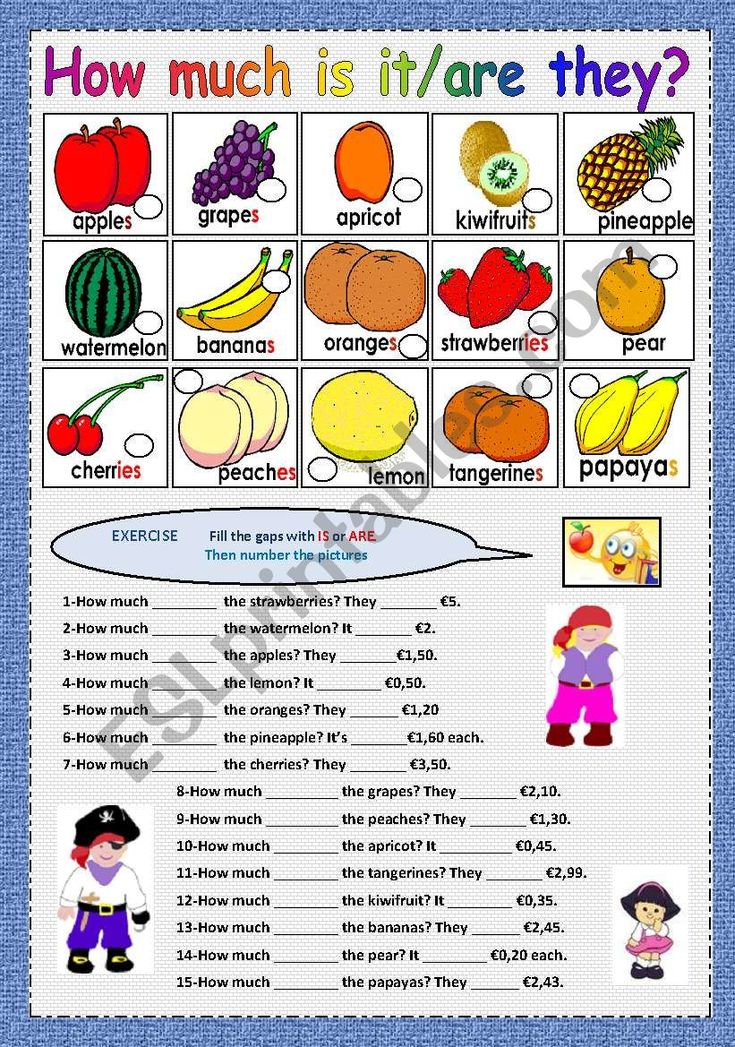 For a comfortable car ride and a long service life of the main units, it is necessary to change the engine oil in time, monitor ...
For a comfortable car ride and a long service life of the main units, it is necessary to change the engine oil in time, monitor ...
Maintenance and advice
What is the most important part of a car? We are sure that most motorists will agree in disputes: someone will argue that this is an engine, since it sets in motion and is essentially the basis of a car, while others will talk about the body, since without a “box” on which everything is attached, it is far from leave. However, few remember the functional...
Service and advice
